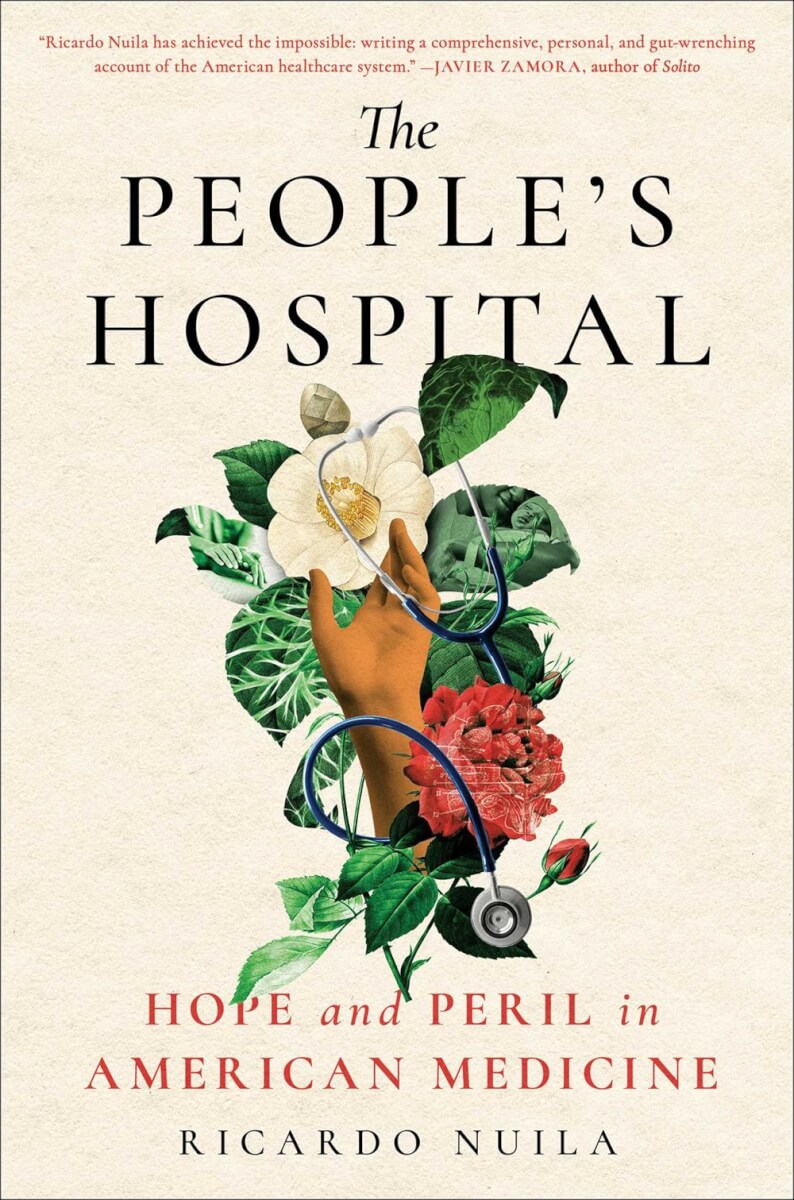Eggs are the ubiquitous breakfast food, served up every day in kitchens and restaurants around the world. They are also a cornerstone for many savory dishes and added to baked goods to provide richness and leavening. But have you ever considered the egg’s importance beyond its vast utility as a food source?
In Egg: A Dozen Ovatures, author Lizzie Stark (Pandora’s DNA) dishes up 12 ways eggs have affected and benefited humans. Blending fascinating factoids, historical tales and her own personal stories, Stark highlights the remarkable, the unusual and the extreme.
Each chapter focuses on a different topic, describing how eggs have been treasured as artistic objects, hunted by eccentric egg collectors, traded as a precious commodity, used in scientific cures and even sent to the moon. Throughout, Stark fills readers in on related practices and definitions, such as egg candling, “a technique used since ancient times, [that] employs light—a candle in the early days, and later electric lamps—to reveal what’s under the shell.” Such historical and scientific facts are combined with contemporary cultural touchstones in a style that is witty, engaging and descriptive.
Stark also adds moments from her own personal history, which provides a perfect balance to the data points and statistics. From egg experiments with her dad and decorating Ukrainian pysanky eggs with her mom, to her decision to have her ovaries removed to stave off the high likelihood of developing ovarian cancer due to an inherited gene mutation, Stark is skilled at making connections between eggs’ symbolic meaning and real-life significance. Egg is surprising, revealing and entertaining. After reading this delightful book, you will never look at an egg the same way again.




























